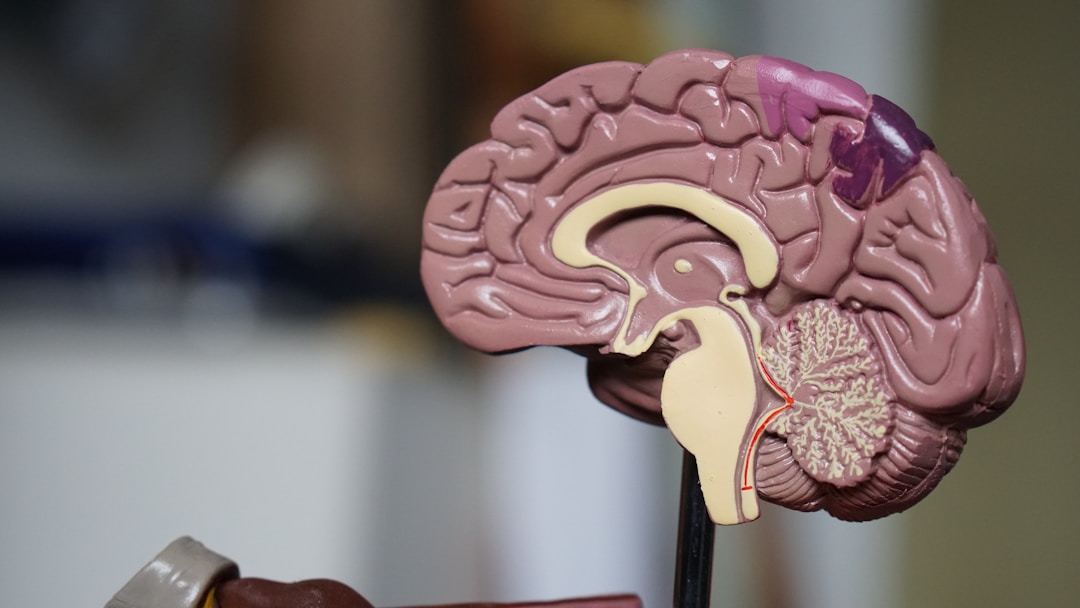Alzheimer’s disease is a type of dementia known as senile dementia. Today, scientists are increasingly exploring new treatments for the disease. Over the last decade, a substantial number of potential drugs have undergone human testing for the illness, but only a few earned approvals. Among new medications in development, researchers have been studying the relationship between Alzheimer’s disease and sleep disorders.
New information about the efficacy of deep sleep is coming out every day. Researchers have linked poor sleep quality to conditions like stroke, diabetes, and heart disease. Also, we now know that deep sleep is vital for processing information and converting it to memory. In other words, quality sleep promotes healthy brain function, and the average adult typically needs about eight hours of sleep to function optimally. What’s more, new brain research suggests that deep sleep can benefit patients with Alzheimer’s. Continue reading to discover deep sleep’s role in managing the disease.
It rids the brain of toxins.

Deep sleep plays an integral role in clearing the brain of toxins. Studies investigating the connection between the disease and deep sleep indicate that brain activity during deep sleep slows down the buildup of related toxins. In other words, deep sleep is crucial for getting rid of brain waste. Toxic proteins like tau and amyloid-β (Aβ) contribute to cognitive deterioration. The buildup of these toxins starts long before the onset of potential symptoms. At the non-REM sleep stage, the brain’s electrical waves wash away toxins. Interestingly, the oscillations caused by the low-frequency waves promote neuronal computation and memory consolidation.
Not getting enough sleep can contribute to the buildup of amyloid-β (Aβ) in the brain. Of course, more study is required to fully understand the role of deep sleep in washing away toxic proteins from the brain.
It helps with memory preservation.
Deep sleep can help patients with Alzheimer’s disease preserve memories and wake up feeling their best. Accumulated toxic proteins like amyloid-β (Aβ) and tau cause severe brain damage and cognitive decline. Decreased deep sleep or slow-wave brain activity can adversely affect a patient’s ability to commit information to memory. The patient may become cognitively impaired and show symptoms of confusion and memory loss. The bottom line is that deep sleep can help alleviate symptoms and keep patients independent longer.
As we mentioned earlier, there’s no known cure for the disease. However, the Fisher Center for Alzheimer’s Research Foundation is committed to completely eradicating the disease. They’ve also received notable awards from organizations like Charity Navigator, Combined Federal Campaign, and National Health Information Awards.
No doubt, the promising research at the Fisher Center is vital for discovering solutions that take us one more step toward getting a cure. They support the pioneering research of the late Nobel Laureate Dr. Paul Greengard, and the foundation now runs under the leadership of Dr. Marc Flajolet.
Feel free to visit AlzInfo.org for more information on their efforts so far. Family members and health caregivers can find the latest Alzheimer’s research and news. The site also contains information on the signs of Alzheimer’s, Alzheimer’s diagnosis, and clinical stages of Alzheimer’s.
It improves brain health.

Studies show that deep sleep can significantly impact brain health. Alzheimer’s patients naturally experience poor sleep, which contributes to even more toxins accumulating. Getting enough sleep can help Alzheimer’s patients hold onto and recall important information. Keep in mind that sleep plays an integral role in learning and memory. Deep sleep can also help alleviate the symptoms of memory loss. If you are seeking ways to improve sleep for your loved one suffering from Alzheimer’s disease, consider checking out Eons mushroom products, which are formulated to promote better sleep.




